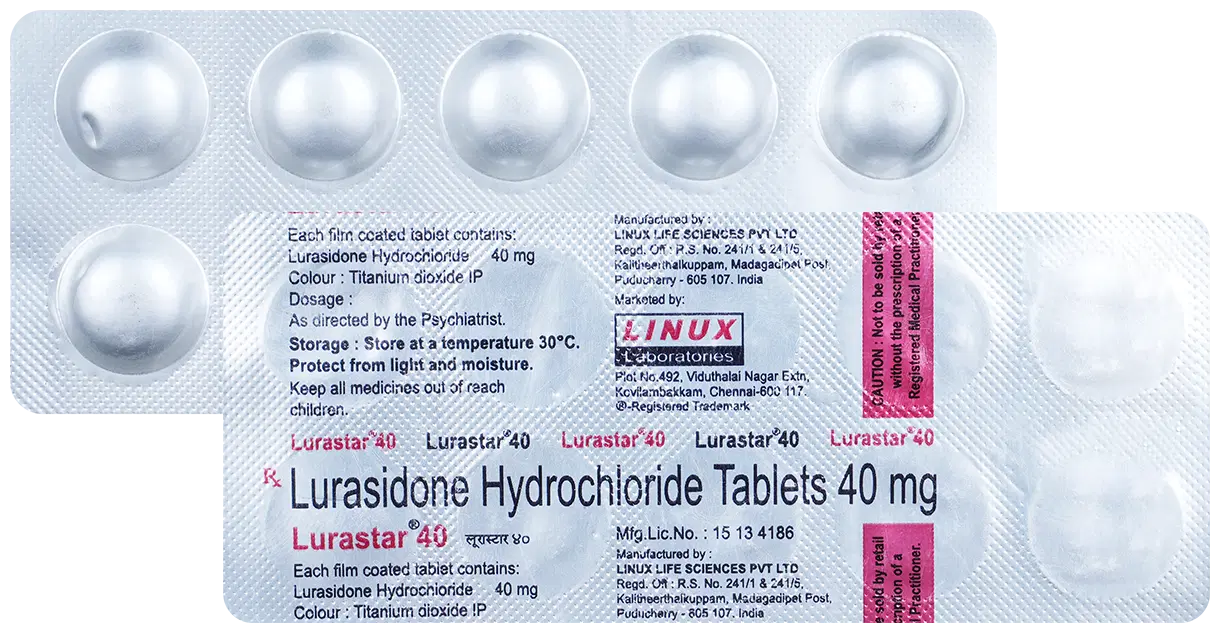Schizophrenia
Schizophrenia is a complex mental disorder characterized by distorted perceptions, disordered thoughts, and impaired emotional responses. It affects approximately 1% of the population and typically begins during late adolescence or early adulthood. Common symptoms include auditory hallucinations, delusions, disorganized speech and behavior, cognitive dysfunction, and emotional flatness.
Medications used in the treatment of schizophrenia belong to a class called antipsychotics. These drugs work by targeting dopamine receptors in the brain, helping to alleviate psychotic symptoms and improve overall functioning. Typical antipsychotics, such as haloperidol and chlorpromazine, are effective for managing acute episodes and maintaining stability. However, they may cause extrapyramidal side effects, including muscle stiffness and restlessness.
Atypical antipsychotics, such as risperidone, olanzapine, and quetiapine, offer a broader range of dopamine and serotonin receptor binding profiles, providing additional benefits in managing negative symptoms and improving cognitive functioning. These medications may also be associated with metabolic side effects, including weight gain and increased blood glucose levels, so close monitoring of patients is essential.
Antidepressants and mood stabilizers, like lithium and valproate, may be used as adjunctive treatments to address co-occurring mood disorders and improve treatment outcomes. Cognitive-behavioral therapy (CBT) and other psychosocial interventions are also important components of comprehensive schizophrenia management, promoting insight, coping skills, and social functioning.
Please consult with a healthcare professional before starting any medication regimen to determine the most appropriate treatment plan based on individual needs and circumstances.

Showing 1–12 of 1563 results
-

Amisulpride (318)
-

Asenapine (5)
-

Blonanserin (14)
-

Cariprazine (11)
-

Chlorpromazine (58)
-

Chlorpromazine, Trihexyphenidyl, Trifluoperazine (33)
-

Clozapine (138)
-

Flupenthixol (59)
-

Fluphenazine (8)
-

Fluphenazine, Nortriptyline (1)
-

Haloperidol (179)
-

Haloperidol Decanoate (20)
-

Iloperidone (12)
-

Loxapine (25)
-

Lurasidone (24)
-

Paliperidone (19)
-

Penfluridol (3)
-

Pimozide (24)
-

Risperidone (242)
-

Risperidone, Trihexyphenidyl (195)
-

Sulpiride (2)
-

Thioridazine (57)
-

Tiapride (4)
-

Trifluoperazine (19)
-

Trifluoperazine, Trihexyphenidyl (78)
-

Trihexyphenidyl, Thioridazine, Trifluoperazine (3)
-

Ziprasidone (8)
-

Zotepine (4)
Showing 1–12 of 1563 results































